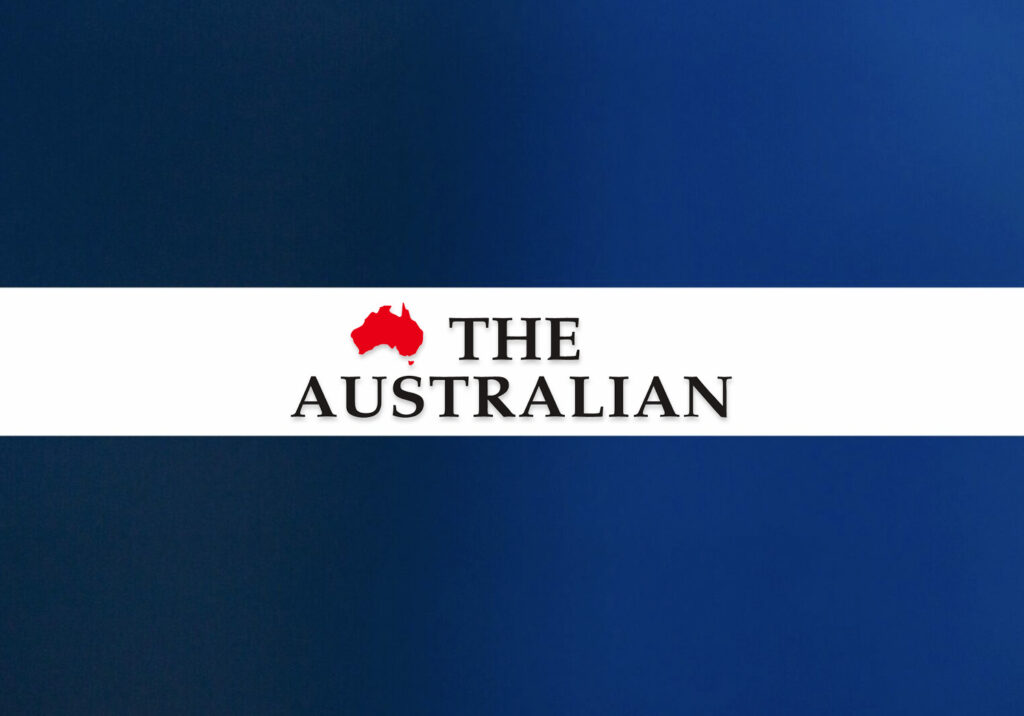

Article by Colin Packham, courtesy of the Australian.
A looming gas shortfall that threatens to curtail industries and derail Australia’s energy transition is the fault of 10 successive government interventions, the Gina Rinehart-backed Senex Energy has declared, and now the country has little time left to fix the mess.
Australia faces a looming gas shortage which could emerge as soon as next winter, and while there are marginal supply boosts that can be implemented, authorities said the chasm would be impossible to bridge by 2028 without urgent new supplies.
Should new supplies not be brought online, large industries that rely on gas are likely to face a battle for survival and Australia’s energy transition away from coal could be scuppered.
Senex Energy, half-owned by mining billionaire Gina Rinehart, said the difficulties were a direct consequence of governments intervening to pick winners – though there is now a gradual acceptance that gas is vital and will be required for decades to come.
Chief executive Ian Davies said Labor and its state counterparts would need to show “unambiguous and unequivocal support” for gas.
“Something needs to change – and quickly – before the warning bells turn to a death knell for industry and lights out for households,” Mr Davies will say in an industry speech in Sydney on Tuesday. “Unrelenting gas market intervention has created this mess and it’s time for effective energy policy to get us out.”
The comments will heighten pressure on Labor, which insists it understands and appreciates the value of the gas while taking steps to bolster domestic supplies.
Federal Energy Minister Chris Bowen last week said the shortfall estimates for gas had been delayed by two years, though the gas industry insists the lack of progress in improving the regulatory landscape and exclusion of the sector from key energy security policies is indicative of the government’s support for gas.
Sharpening his attack, Mr Davies said there has been sustained talk but there continued to be little actual progress.
“Following the most recent Energy and Climate Change Ministerial Council Meeting, ministers announced ‘a more robust assessment of gas market conditions and better integration of demand-side opportunities’.
“But no amount of further assessment and analysis is going to fix the problem. What we need are policies that will ensure investment in new supply and result in gas being produced.”
Mr Davies said urgent and real action was needed, the most obvious of which should be speeding up approvals of projects.
Senex submitted an application for environmental approval for its $1bn expansion 500 days ago, Mr Davies will say – which he will label “legislative bureaucracy.”
Senex has struck supply agreements with big gas users, but ongoing delays threaten the timetable.
Labor has committed to streamlining approvals for resource projects but Mr Davies will declare there is no time to waste.
“The longer approvals take, the more profound the shortfall risk becomes – not to mention the risk to manufacturing jobs and the energy transition. And the more expensive the development becomes. To date, approval delays have increased the cost of Senex’s project by more than $150m and counting,” Mr Davies will say. “We remain unwavering in our commitment to the domestic market, but it’s fair to say ongoing approval delays are making it increasingly difficult to deliver the critical gas supply Australian manufacturers and households so desperately need.”
Labor is expected to tweak legislation governing environmental approvals in a bid to accelerate the progress, but Mr Davies will tell the federal Labor government to change the way it consults all stakeholders.
“That means doing more than secret ‘lock-ups’ under punitive non-disclosure agreements with select industry groups and no formal consultation papers or regulatory impact statement,” Mr Davies will say.
“The original (Environment Protection and Biodiversity Conservation) Act took the best part of a decade to create. It was formed co-operatively with state governments and through extensive public consultation. Fast forward nearly 25 years and the Albanese government wants to replace it with a new Act in less than 18 months with secret and selective micro-consultation.”
Recent government consultation has seen those included required to sign non-disclosure agreements, which blocks participants from discussion of potential legislation changes.
While the onshore gas industry, which services the needs of domestic customers, continues to wait for the legislative amendments the country’s offshore resource sector has secured a win.
Labor on Tuesday moved an amendment that would allow Resources Minister Madeleine King the power to define what hurdles new offshore gas projects must clear before securing approval.
The change is seen as limiting the capacity of environmentalists to mount legal challenges against new LNG projects.
The decision follows a spate of legal victories by environmentalists that have delayed mega projects, including Santos’s $5.3bn Barossa LNG development and Woodside’s $16.5bn Scarborough project.
Colin Packham is the energy reporter at The Australian. He was previously at The Australian Financial Review and Reuters in Sydney and Canberra…. Read more